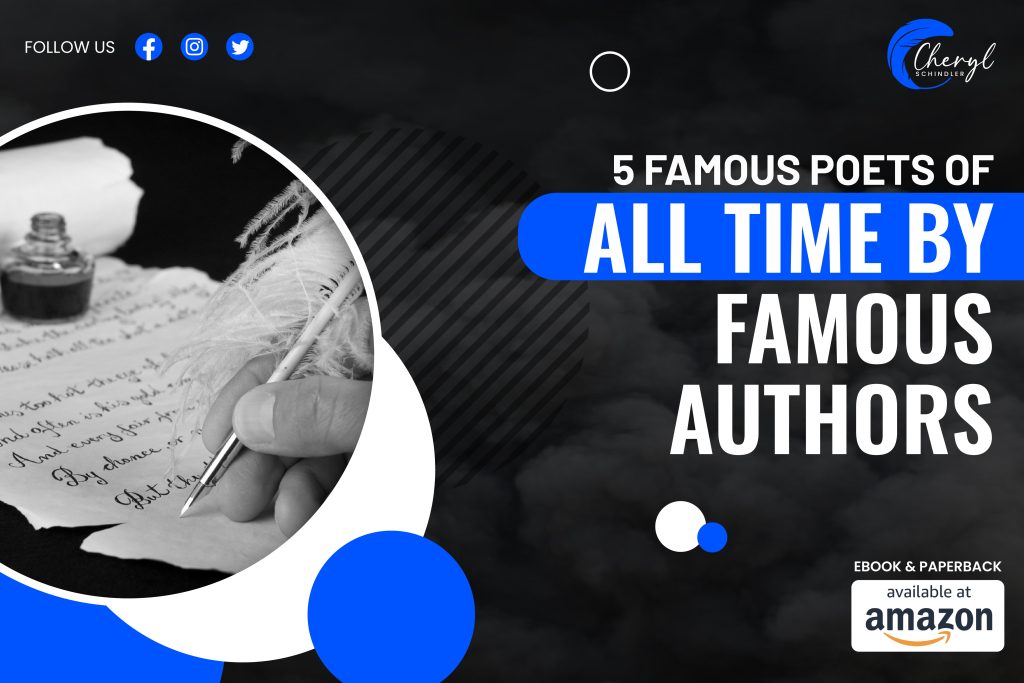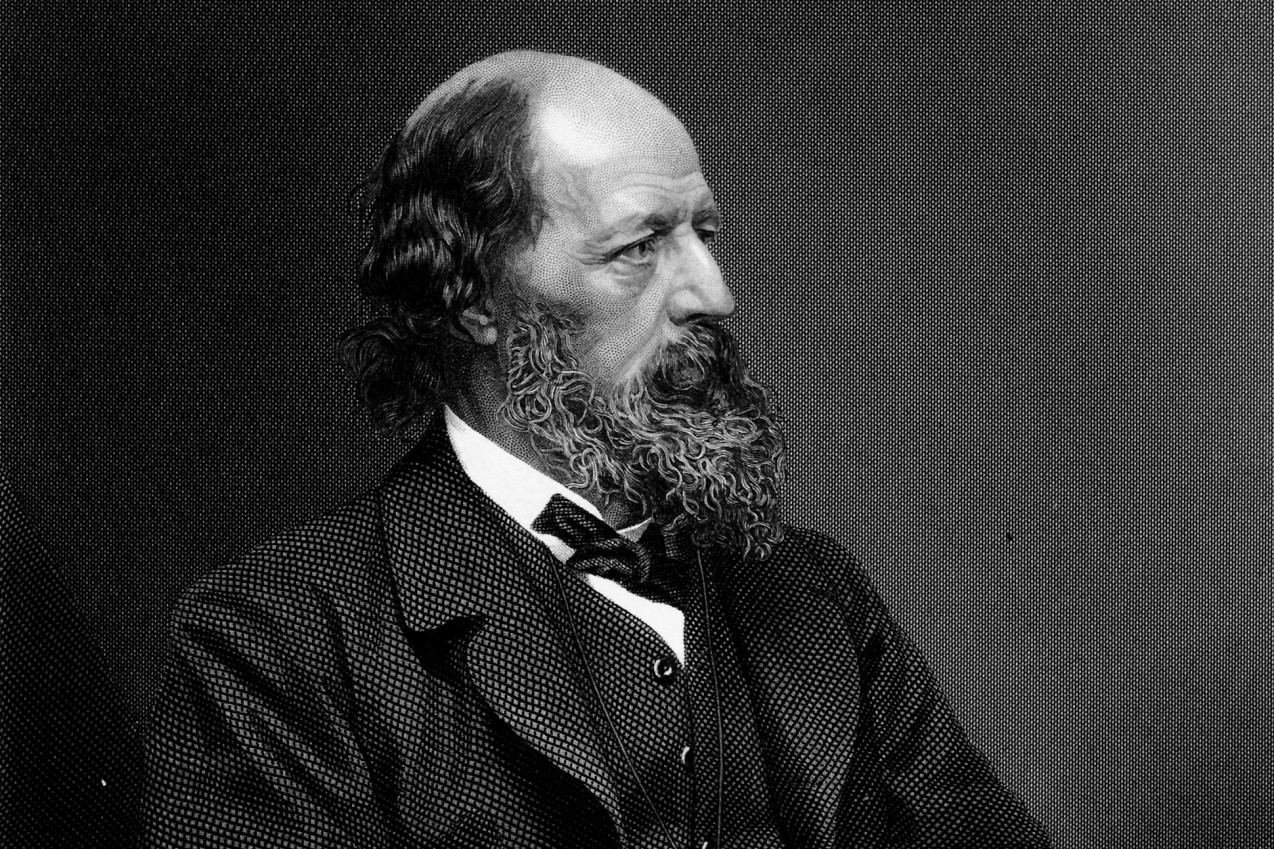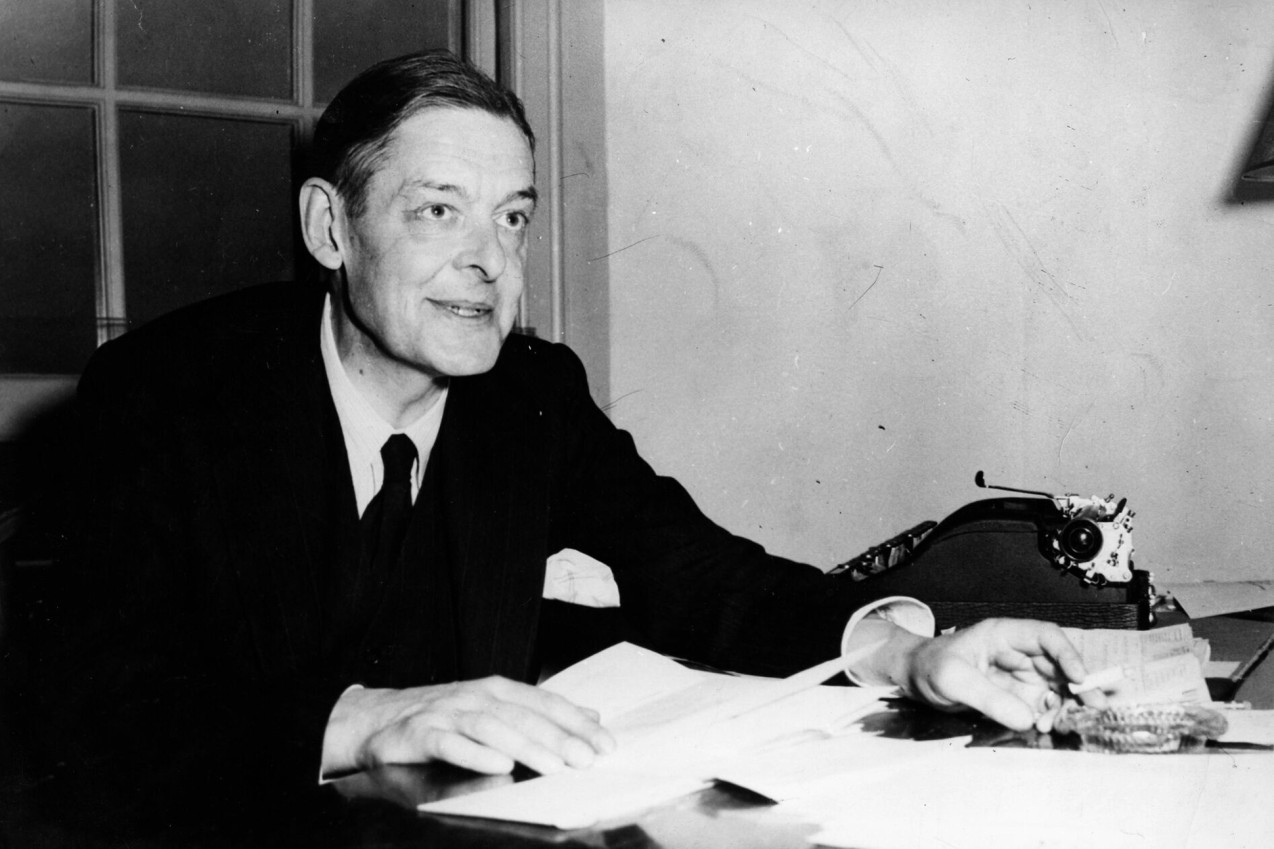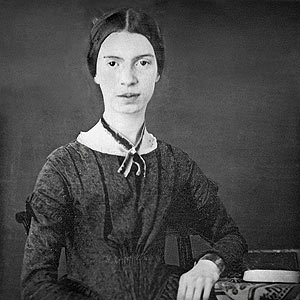
Poetry and Poets
Poetry is a timeless literary form, tracing its roots to some of the oldest documents ever discovered by archaeologists. Famous poets of all time are often hailed for pushing the envelope of what is evident, crafting exquisite, occasionally rhythmic pieces with the intention of transporting the reader to a wonderful place through their words. Poetry, synonymous with literary expression, has always existed; the oldest known poems are said to have been drawn from folk tunes. Generally speaking, a poem’s rhythm, irony, symbolism, intricacy, rhyme scheme, and poetry comprehension describe it.
From ancient times to the present, poetry has been one of the most popular forms of expression. Well-known poets like Pablo Neruda, Maya Angelou, and Robert Frost appeared to find inspiration in everything, from the delights of the New England shore to the horrors of bigotry and war. The works of these authors still pique our curiosity hundreds of years after they were published.
Famous Poets of All Time
William Shakespeare (1564-1616)
via avatars.mds
Even though he might not require an introduction, we can’t really leave him out, can we? Shakespeare’s plays overflow with poetry. Even without this, his poems stand among the finest ever written. Shakespeare explored Elizabethan poetry traditions, addressing timeless themes—life and death, youth versus age, love and hate, fate and free will. The result was a body of work important for its ambiguities and profundities, as much as its poetic richness. Not confined to sonnets, other poems like the ‘Rape of Lucrece’ and the 1200-line masterpiece ‘Venus and Adonis,’ written in 1593, exemplify this.
Interestingly, though, there haven’t been many musical adaptations of his poems—at least not by classical composers. Robert Hollingworth, the director of the vocal ensemble I Fagiolini, is one composer who has entered the fray. The lirone, theorbo, viol, cornett, sackbut, and shawm, among other genuine early 17th-century instruments, were used in their 2012 album “Shakespeare: The Sonnets,” which paid homage to the Bard’s era.
Alfred Lord Tennyson (1809-1892)

via poetryfoundation.org
Alfred Lord Tennyson, the author of many literary classics, including “The Lady of Shalott” and “The Charge of the Light Brigade,” is regarded as the founding father of Victorian poetry. He was born in 1809 into a modestly landed family, began composing poetry at an early age, and succeeded William Wordsworth as Poet Laureate in 1850, remained in that role for more than 40 years until his death. He produced a tremendous quantity of poetry at that time, adopting a variety of poetic forms and addressing subjects that were as diverse as mythology, science, religion, and country living. But Tennyson’s sense of melody was one thing that all of his works had in common, which helps to explain why so many composers have attempted to set it, including Charles Stanford, Olivier Messiaen, and Charles Ives.
T.S Eliot (1888-1965)

via poetryfoundation.org
A poetic luminary, Thomas Stearns Eliot, left an enduring impact despite emitting less verse than Tennyson. An Anglo-American poet reflected on the deliberate scarcity of his work, emphasizing each piece’s significance. Eliot’s magnum opus, ‘The Waste Land,’ epitomizes modernist poetry’s essence. His expansive poems, reminiscent of symphonies, explore post-World War One disillusionment and personal challenges. This includes trials with his first wife, Vivienne Haigh-Wood Eliot, and early health woes. Amidst this melancholy, ‘Old Possum’s Book of Practical Cats’ stands out—a collection of playful feline psychology poems. These became the foundation for Andrew Lloyd Webber’s renowned musical, ‘Cats.’ In Eliot’s oeuvre, every poem emerges as a distinctive event, contributing to a legacy built on quality over quantity.
Emily Dickinson (1830-1886)

via poetryfoundation.org
Even though Emily Dickinson (pictured) is one of the most well-known individuals in American poetry and produced a great deal, only ten of her over 1800 poems were published during her lifetime. Dickinson’s reputation as a gardener was even greater than that of a poet, according to one academic. This could be attributed to her experimental approach: disobeying the conventions of rhyme, versification, and even syntax. She might have been hesitant to have her writing altered to conform to a traditional poetry form. It’s also possible that she didn’t want to change her writing to make it easier to read. If this is the case, she made a wise decision because Dickinson was highly skilled at using ambiguity, which contributes greatly to her popularity today despite hordes of academics debating the meaning of every sentence she ever wrote.
Ted Hughes (1930-1998)

via poetryfoundation.org
Ted Hughes, who was long despised for his alleged role in pushing his wife Sylvia Plath to commit suicide. Never lived to witness the full restoration of his reputation. However, things have shifted in his favor in the years after his passing in 1998. In spite of all the controversy, the former Poet Laureate is consistently regarded. As one of the greatest writers of the 20th century. His style has an elemental force that is most apparent in poems like “Hawk Roosting” and “Jaguar.” Earning him the moniker “Heathcliff” and “The Incredible Hulk of English literature.” His poetry is emotionally gripping and lends itself easily to musical interpretation. Still, surprisingly, few composers have taken use of this fact—one such composer is Sally Beamish. Who took inspiration for her Cello Concerto No. 1 from Hughes’s “River” poems.
Conclusion
Above mentioned are the best poets of all time. Through their works and poetic contributions, these poets have emphasized the importance of the world of literature. The readers are invited to experience the distinctive human expressions.
Furthermore, in contrast to the provocative work “Ikigai, The Ultra Violet of Being“ by Cheryl Schindler. We find that the ideas of inner strength are timeless and universal. These renowned authors, masters of both prose and poetry, stand as a compelling testament. A reminder that maintaining strength is not merely a decision. But also a vital expression of the human spirit’s capacity for survival and flourishing. We may draw strength from the wellspring of human power that flows through every person’s heart to live happily. As we traverse life’s path, we can find inspiration in the words of these extraordinary famous poets of all time and writers.

